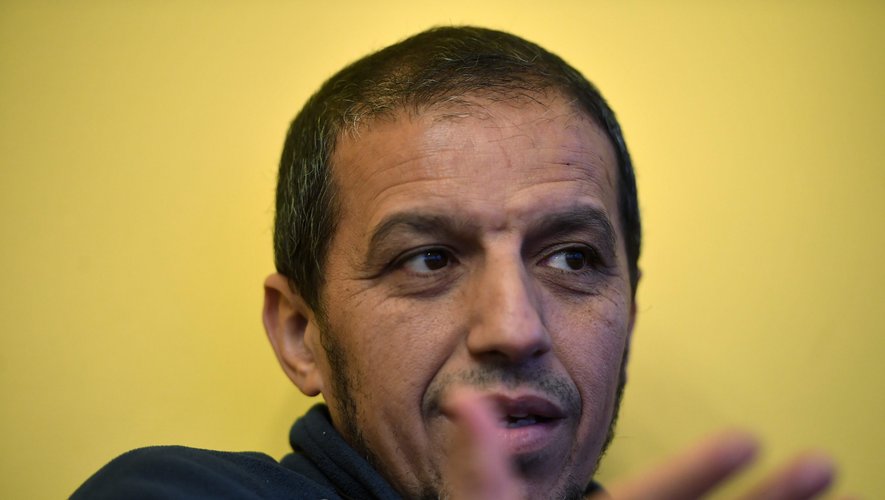Paris-Dauphine offers a Master’s degree in Islamic Finance, providing the legal framework to do business within Islam. Farid Abderrezak, who teaches at Paris-Dauphine, is a banking specialist with BNP Paribas Nahman in Bahrain and says he is able to continue his work despite such “constraints.” “Look, profitability remains the primary criterion for investors, which does not always go along with the religious argument, except in Saudi Arabia. It is necessary to use Islamic finance wisely.” To circumvent the interest as practiced in conventional finance, there is, for example the “mourabaha” technique: the bank purchases the commodity, then resells it to its client in increments, integrating the retail price into the cost of financing.
The degree attracts mainly Frenchmen but also foreigners who come from North Africa, Mauritania, Senegal, Ivory Coast, and Lebanon.
Islamic finance is a niche that several students study to help them in their other areas of study. “Conventional finance or Islamic [finance], the markets are cyclic, one needs to adapt,” said Paul Evin, a student at Paris-Dauphine.
Augustin Olivier, another student, said, “There is a demand in Europe and there’s no reason for only those from Luxembourg and the British to arrogate the market.” This comes after a report written in 2007 at the request of Christine Lagarde who counted on attracting some 100 billion dollars in investment in France due to the development of Islamic finance—that the idea of the master’s degree was born. “Islamic finance has certainly not had the expected development and growth in France, but it is progressing little by little with new products that are ‘sharia compatible,’” said Michel Storck, professor of finance law. “Our students easily find work, especially in neighboring Luxembourg. We hope to encourage research in this domain and already have three PhD students whose research is funded by their home countries.”






